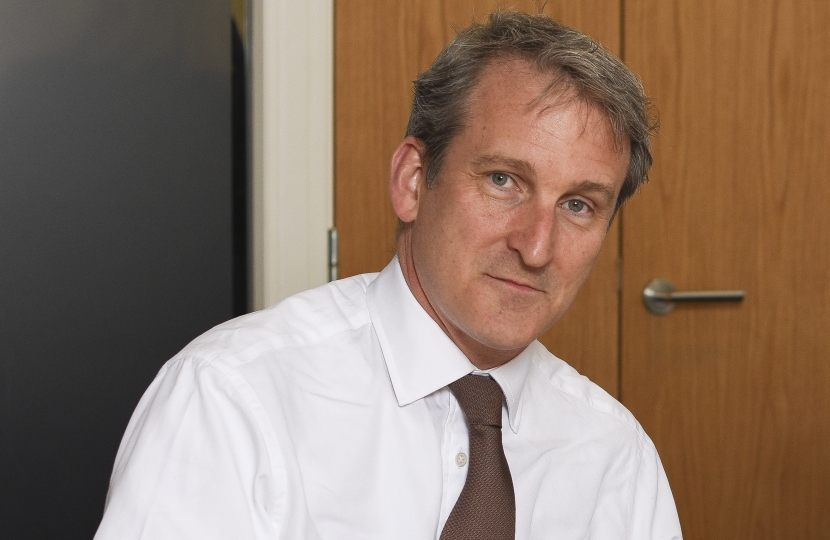
This article on fraud and scams was written by Damian and published in the Herald today:
"This crisis has shown the very best of our amazing NHS, schools and other public services. And we are seeing so many people volunteering and coming to the aid of the vulnerable and those in need. But tragically, appallingly, there also those who will take advantage of this terrible situation for their own gains.
Our reliance on the internet and phones to connect us with family, friends and the outside world has never been more important than it is now. But there has also never been greater risk, or opportunity for criminals to operate scams that will exploit people, particularly the more vulnerable in our communities.
Taking advantage of the Covid-19 publicity, their aim will be to extract personal or financial information, often posing as genuine organisations such as banks, police officers, the government, or the World Health Organisation. They may pretend to offer help and guidance for a wide range of services including financial investments or even medical assistance and they are adept at doing this.
Sadly there is already evidence of people selling fake masks, sanitisers or testing kits or emails that pretend to be a government department offering a tax rebate to help people in these difficult times, or refunds for holidays that need to be cancelled. Banks and official organisations will never ask for money to be transferred or moved to a ‘safe’ account, so people should be vigilant if they receive an email or a phone call that doesn’t seem right or is pressuring you to share personal or financial information.
And of course, there are the more old-fashioned rogue traders who will knock on doors and try and extract payment - for food deliveries or cleaning services that will either not be delivered or will be of poor quality.
We know we can trust known local groups, churches, community groups. Public officials will carry identity. If in doubt with a phone call claiming to be from the bank, say, we can always phone the bank number we know, to check. There are web sites for advice (see below) and at times it is wise to consult a trusted organisation like Citizens Advice
We can all check in with family and neighbours who we know may be vulnerable, to remind them to be wary of unexpected phone calls and suspicious emails. Above all suggest they pause before they act.
Whilst there are these risks, it is at times like this that we do also see the best of people. Just as we need to take care to avoid scams, we need to remember the amazing work being done by the army of volunteers across the area, helping those in need with deliveries of food, medicines or even just a friendly voice at the end of a line.
Life is going to be very difficult for many people in the weeks ahead, and the best thing we can do now is to look out for each other, particularly those around us who may be less able to look out for themselves."
For help and advice:
https://takefive-stopfraud.org.uk/
https://www.friendsagainstscams.org.uk/
https://www.citizensadvice.org.uk/east-hampshire/
https://www.hants.gov.uk/business/tradingstandards/consumeradvice
To report suspicious activity: https://www.actionfraud.police.uk/


